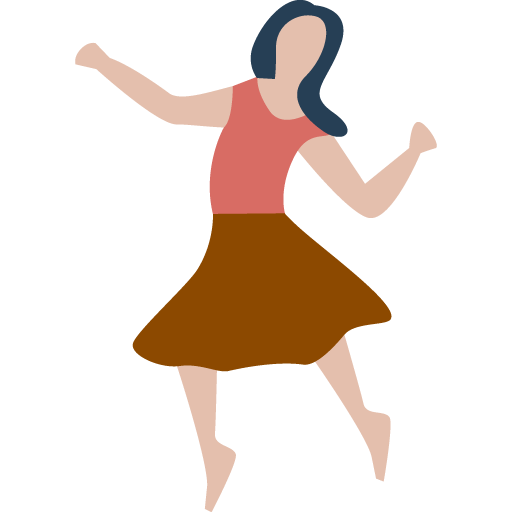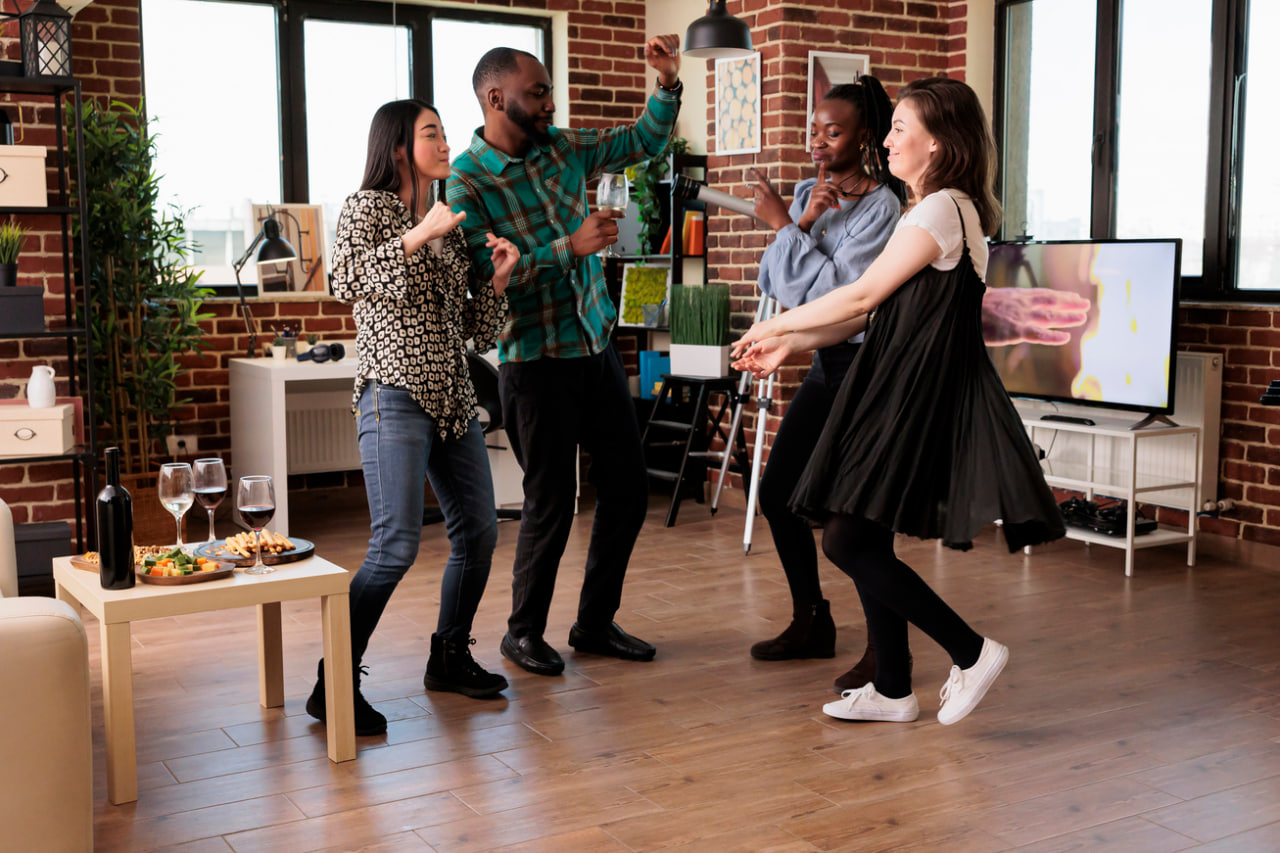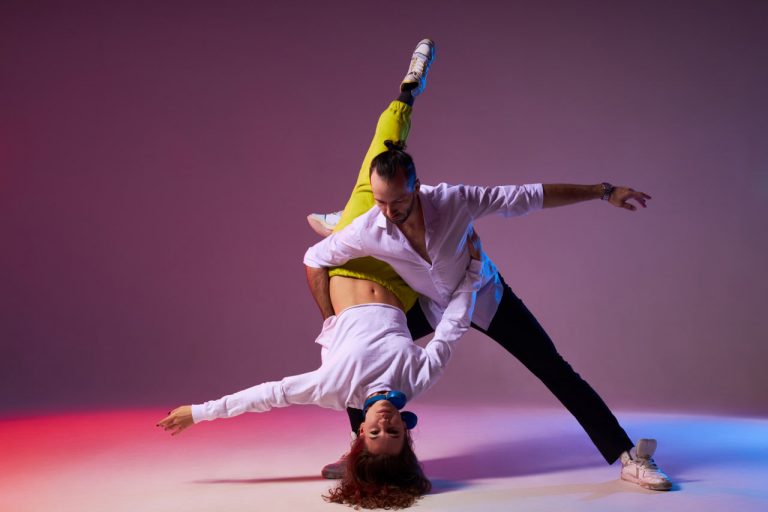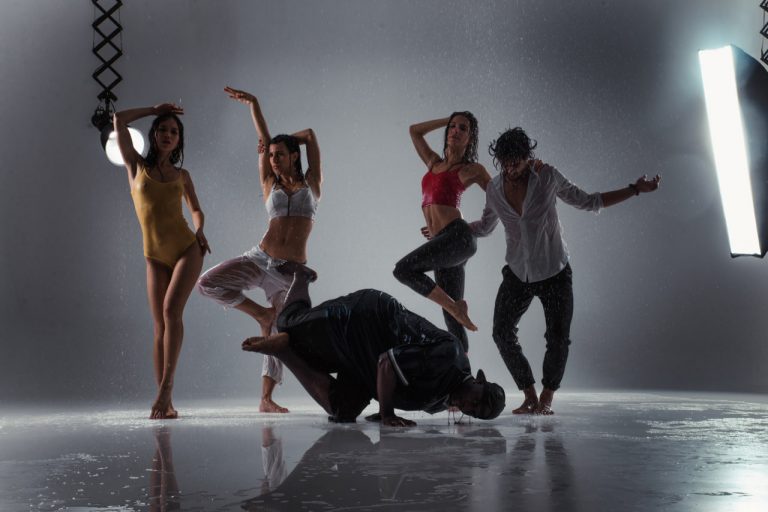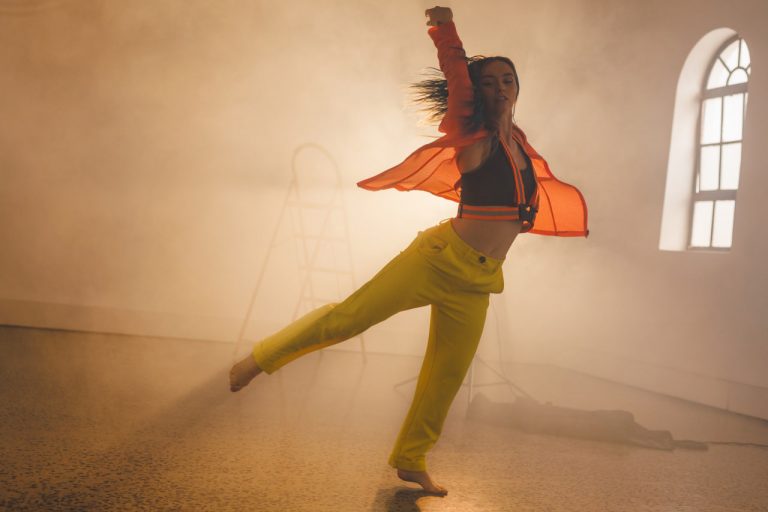Dance is more than a form of artistic expression or entertainment. It’s a full-body workout, a mental reset, and an emotional release all at once. Whether you’re swaying gently in a beginner’s ballet class or unleashing energy in a fast-paced hip-hop routine, dance offers an incredible range of benefits for both your physical health and mental well-being. For anyone looking to improve their quality of life in a fun and engaging way, dance is one of the most effective and enjoyable tools available.
Boosts Physical Fitness and Endurance
Dancing is a dynamic physical activity that improves cardiovascular health, muscular strength, and flexibility. Each style of dance engages the body differently, but all contribute to better overall fitness. Dance routines challenge your stamina, coordination, and agility while strengthening muscles throughout your body.
Unlike repetitive gym workouts, dancing involves creative movement and rhythmic variation, which keeps you mentally and physically engaged. You burn calories, build endurance, and improve your posture and balance—all without feeling like you’re just exercising.
Improves Brain Function and Memory
Learning choreography requires focus, memory, and the ability to process and respond quickly to cues. This makes dance a powerful brain workout as well. Research has shown that dancing regularly can improve cognitive function, sharpen memory, and even help delay age-related mental decline.
The process of memorizing steps, sequences, and movements stimulates multiple parts of the brain simultaneously. You’re not just moving—you’re learning, recalling, and adapting in real time. This mental activity promotes neural connectivity and boosts concentration in everyday life as well.
Reduces Stress and Anxiety
Dancing has a naturally calming and stress-relieving effect. The combination of physical movement and music stimulates the production of endorphins—your brain’s feel-good chemicals—which elevate mood and help reduce stress.
Engaging in dance allows you to disconnect from daily pressures and focus on the present moment. It’s a moving meditation that encourages deep breathing, body awareness, and emotional release. Group dance classes also promote social interaction, which has been linked to reduced anxiety and greater emotional resilience.
Enhances Self-Expression and Confidence
Dance is a unique form of communication. It lets you express emotions, tell stories, and connect with others without saying a word. As you become more comfortable with movement, you also begin to develop a stronger sense of self and body confidence.
Whether it’s interpreting a lyrical piece or mastering a high-energy routine, dancing helps you break through self-doubt and celebrate what your body is capable of. Performing in front of others, even in small class settings, builds courage and personal pride that carries over into other areas of life.
Encourages Social Connection
Dance is inherently social. From salsa and ballroom to hip-hop crews and group choreographies, dance brings people together. Sharing movement with others fosters trust, collaboration, and communication, making it a powerful way to build community.
Attending regular classes also provides structure, motivation, and a sense of belonging. Friendships formed through dance often extend beyond the studio and become lasting connections based on mutual creativity and support.
Supports Emotional Resilience
Dance allows you to process and release emotions in a safe and constructive way. When words fall short, movement offers a language for grief, joy, frustration, and hope. It helps you tap into emotions you might not even realize you’re holding.
The emotional awareness that comes with dance practice can improve how you cope with challenges in daily life. As you become more attuned to your inner world, you also become better equipped to handle stress, setbacks, and change with grace and strength.
Promotes Discipline and Goal Setting
Dance requires consistency, dedication, and focus. Progress doesn’t happen overnight—it’s the result of showing up, working through difficulty, and celebrating small improvements along the way. These habits naturally reinforce self-discipline and time management.
Setting goals like learning a new style, performing in a showcase, or mastering a complex routine gives you a sense of purpose and direction. Dance helps develop a growth mindset where effort is valued, and success is defined by personal progress.
